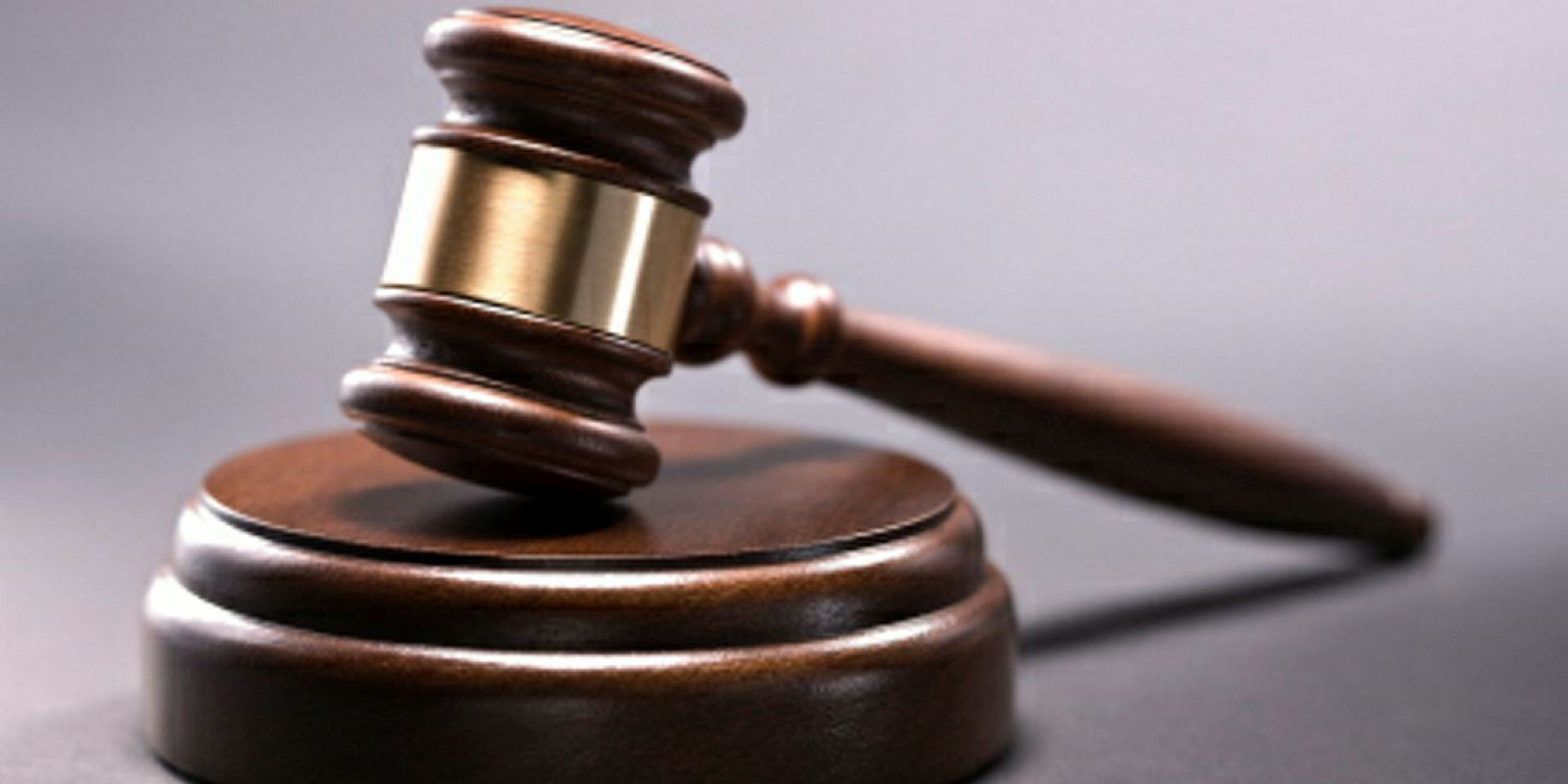The first stink raised over a contract with Inchcape Shipping Services was over sewage.
A former executive with the company said in a lawsuit that a Bahrain port manager described in 2007 several practices for overbilling the US Navy for sewage removal.
The sewage barge would move away from the ship as if it were full and needed to be emptied, when it was partially full. Extra hourly charges would be added on top of the agreed-upon billing rate, and Inchcape invoices showed a higher volume of sewage was removed than actually had been, the executive alleged.
These and a plethora of other alleged schemes from 2005 and 2014 led to a whistleblower lawsuit filed by former Inchcape employees and joined by the US Department of Justice that the company will settle for $20m.
We were building a case with toothpicks
For its part, the shipping services unit of the London-listed logistics giant denies the charges, and says the settlement has no finding of fault on its part.
"Inchcape has determined that it must put this matter behind it, so that the company can focus on the future," the company said in a statement.
The whistleblower lawsuit, which was filed in 2010, took longer to settle than other such lawsuits, says Janet Goldstein, a partner at Vogel, Slade & Goldstein which was one of the firms that brought the lawsuit.
But the number of instances of fraud and the global nature of the investigation, which spanned the Middle East, South America and Africa, necessitated the longer litigation.
"We were building a case with toothpicks," Goldstein said. "There was a huge amount of bills and you had to go to invoice by invoice."
Goldstein said the case also took time since the attorneys had to educate the Department of Justice on this type of fraud, which Goldstein says was not actively pursued before. The Inchcape case started before the more highly publicised "Fat Leonard" scandal, which totaled $35m in overbilling claims.
"We were definitely the vanguard," Goldstein said. "No one else was looking at this."
The actual overbilling by Inchcape was not determined in the lawsuit. But in the instance of sewage removal, the lawsuit alleges the US Navy overpaid $5.4m.
The three former Inchcape executives will receive $4.4m for filing the lawsuits. Such awards have been criticised for motivating insiders to withhold information until it is in their best interest.
But Goldstein said the Inchcape executives did bring their concerns early on to Inchcape management, who then allegedly retaliated against them. They also brought the matter first to the DOJ which worked closely with Goldstein's firm on the lawsuit.
"You have to encourage people to come forward," Goldstein said. "Our clients gave up lucrative careers with this company because they would not countenance what was going on."




